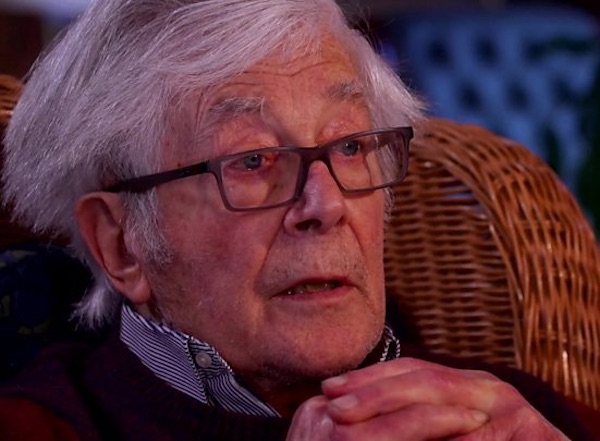
A former senior military figure who was a commander in the Parachute Regiment during the Ballymurphy massacre in West Belfast has told an inquest that he has no recollection of the regiment shooting ten people dead.
The inquest is examining the killing of 10 innocent civilians in the Ballymurphy area by British soldiers over a space of 36 hours following the introduction of internment without trial in August 1971.
A statement from Colonel Derek Wilford (pictured), who commanded the first battalion of the Parachute Regiment during the period, was read to the court this week.
In relation to the deaths, Colonel Wilford said: “This comes as a complete surprise to me”.
He said he could recall that his whole battalion had been interviewed after the events of Bloody Sunday, a second massacre in Derry five months later in which 14 civilians were killed.
However, he said he could not remember it having happened after Ballymurphy. “I found it rather surprising when I heard how many people had been killed”, his statement added. “None of that information came my way. Had it come my way, it would’ve been quite serious.”
Wilford lives abroad and reportedly cannot be compelled to attend the inquest. His lawyers have claimed he is unwell.
The evidence of several British soldiers to the inquest have been marked by falsehoods. The evidence of one had to be halted this week following unexpected changes in the details of his testimony.
Witness M365 gave a different platoon number to Belfast Coroner’s Court, as well as responding that he “cannot remember” to a large number of questions from counsel.
When asked when and why he had changed his mind on several matters, M365 was unable to explain. He repeatedly responded “I can’t remember”. Coroner Siobhan Keegan was forced to stop the testimony, describing the situation as “entirely unsatisfactory” and a “discourtesy to everyone involved with the case”.
A barrister for one of the victims, later confronted the witness with evidence from the Bloody Sunday Inquiry, as well a questionable disciplinary record. The court heard M365 was convicted of six counts of fraud for falsifying expenses, and had accepted a discharge from the British Army in 1984 after beig demoted to private.
Fiona Doherty QC, acting for the family of the family of John Laverty, suggested he was “not capable or worthy of belief”.
Another soldier, known as M68, last week also contradicted his previous statements. He withdrew a previous admission that he had seen soldiers firing their weapons, instead claiming he had seen no shots fired.
Cross-questioning the witness, another lawyer for the families, Karen Quinlivan, put it to M68: “You are basically lying to protect soldiers.”
Two military witnesses have also failed to appear entirely. A soldier, referred to as M171, had been due to give evidence about the deaths of Joseph Corr and John Laverty on the Upper Whiterock Road. Soldier M57 also did not appear at court to give evidence. According to the coroner, both are to face “enforcement steps”.
![[Irish Republican News]](https://republican-news.org/graphics/title_gifs/rn.gif)
![[Irish Republican News]](https://republican-news.org/graphics/title_gifs/harp.gif)

